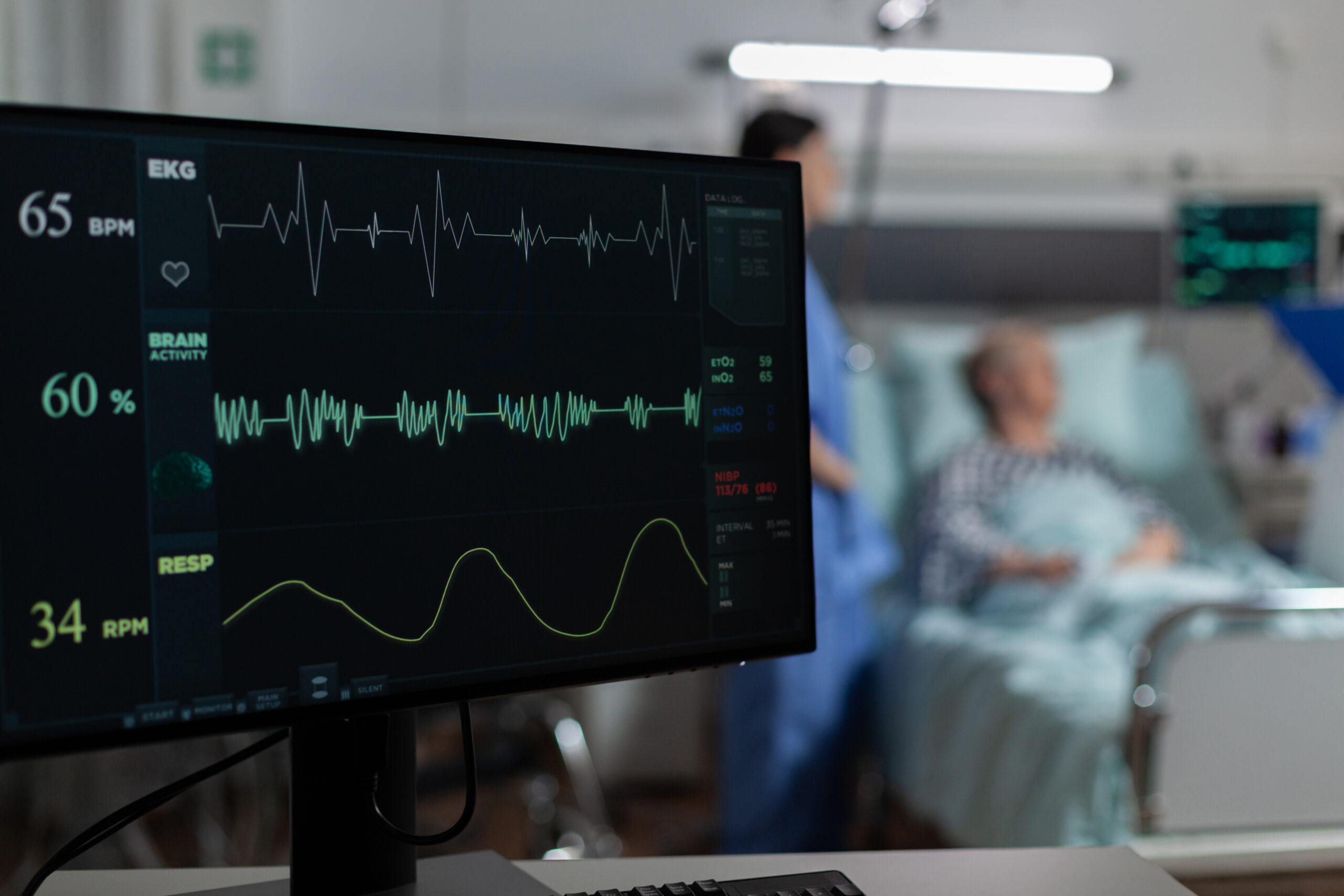Feeling Unexplainably Tired? Here Are 5 Reasons Why
Feeling Unexplainably Tired? Here Are 5 Reasons Why

While it is inevitable to start feeling all depleted or experiencing moments of intense fatigue at some point of our life, it is not normal when you find yourself extremely tired despite the full 6 to 8 hours of sleep or that no matter how many cups of coffee you had in the single hour and you still find yourself yawning away.
There are many reasons that could possibly contribute to the fatigue, and knowing what causes them will be key to addressing the issue. Here are some reasons why the tiredness is not going away.
Symptoms of an Underlying Medical Issue
Many conditions list tiredness as a symptoms. From thyroid conditions (where patients struggle to find an energy balance) to mental conditions (such as depression), to kidney diseases or Obstructive Sleep Apnea.
In the case of Obstructive Sleep Apnea (OSA), patients are unable to get a full night of uninterrupted sleep, which in turns causes daytime fatigue.
Speaking to a general practitioner will help you to rule out health problems and make a diagnosis and receive treatment and also learn how you can pace yourself and increase your energy. Online screeners are also a great way to get yourself started, here is an OSA Assessment that you can try – https://oursmartfuture.com/get-sleep-check/
Diet
For those that decide to go on a diet, cutting off sugar is a definite NO. Skipping meals may not allow the body to get enough calories which are needed to keep the energy level up. Long gaps between meals also deplete the blood sugar which will also decrease the energy.
For those going on a sugar spike diet, a sudden surge of sugar will cause a rollercoaster effect on the blood sugar. While you will feel the surge of energy after consumption of sugar, the rebound effect will hit after as the blood sugar crashes. What comes after is the sluggishness and the little bit of energy holding itself together.
Additionally, vitamin deficiency because of the change of diet can cause major fatigue as well. Experts advise that a better approach to diet will be also to include foods that take longer time to digest – sweet potato, bananas, nuts, and beans for example – these food tends to release sugar steadily throughout the day.
Hormones Changes
When you are under stress, your body goes into a fight-or-flight mode. Which causes an increase in the stress hormone, cortisol. In small doses, this response is safe but in the case of it being long-term, it takes a toll on the body in the form of poor sleep and low energy.
To tackle the issue, first, you have to identify the stress issues and learn how to control the way you face the problem. Learning different techniques of deep breathing and meditation can also help you stay calm in stressful situations.
Sedentary Lifestyle
A sedentary lifestyle with nowhere to expel causes a buildup of energy that last beyond bedtime, keeping you awake.
Adding in some simple exercises in your daily routine, such as taking a 20mins walk after a meal or doing yoga routine before sleeping are a great way to get rid of the excess energy. Researches have also indicated that exercise does not only help boost sleep duration but also the quality of sleep.
Bad Habits
It can be tempting to take that seemingly harmless after meal nap or playing another round of PUBG on the phone but these are the reasons that contribute to the lack of sleep during bedtime.
Using the phone, for example before sleep, increase alertness at night and long period of looking at the blue-light can be detrimental to your eyes.
Inculcating good sleeping habits such as ensure that your bedroom is quiet, dark, and at a comfortable temperature and also not lying awake on your bed for more than 10 minutes are some important habits to introduce to your lifestyle. Here are more ideas for you to consider : https://oursmartfuture.com/change-the-way-you-sleep-with-5-easy-sleep-tips/
While extreme fatigue may seem like a fairly harmless condition, with the occasional dozing off during meetings or lost of attention during a conversation. Studies have also shown that extreme fatigue has also been the cause of car accidents and also attribute to suicidal behaviour. If you find yourself or a friend displaying symptoms of extreme fatigue, its time to practice good sleep hygiene or consult your general practitioner.
More Blogs
Why Real-Time Monitoring is Essential for Modern Nursing Home Management
In the dynamic world of healthcare, nursing homes play a crucial role in providing care for the elderly and those with chronic conditions. As the demand for nursing home services continues to grow, so does the need for efficient management and high-quality care. One of the most transformative advancements in this space is the integration … Continue reading “Why Real-Time Monitoring is Essential for Modern Nursing Home Management”
Read MoreHow Hospital at Home is Revolutionizing Patient Care
In the ever-evolving landscape of healthcare, the concept of “Hospital at Home” is emerging as a transformative model of patient care. This innovative approach is reshaping how patients receive treatment, offering them the comfort and convenience of being treated in their own homes without compromising the quality of care. At Smartfuture, we understand the power … Continue reading “How Hospital at Home is Revolutionizing Patient Care”
Read MoreHow Remote Patient Monitoring is Improving Substance Abuse Care?
Remote Patient Monitoring (RPM) plays a critical role in substance abuse care by providing continuous health data monitoring and immediate response capability. Key components of an effective RPM system include real-time monitoring of vital signs, medication adherence tracking, and the ability to communicate and engage with patients in their recovery journey seamlessly. This technology has proven … Continue reading “How Remote Patient Monitoring is Improving Substance Abuse Care?”
Read MoreCopyright 2023 Smartfuture Pte Ltd All Rights Reserved.



